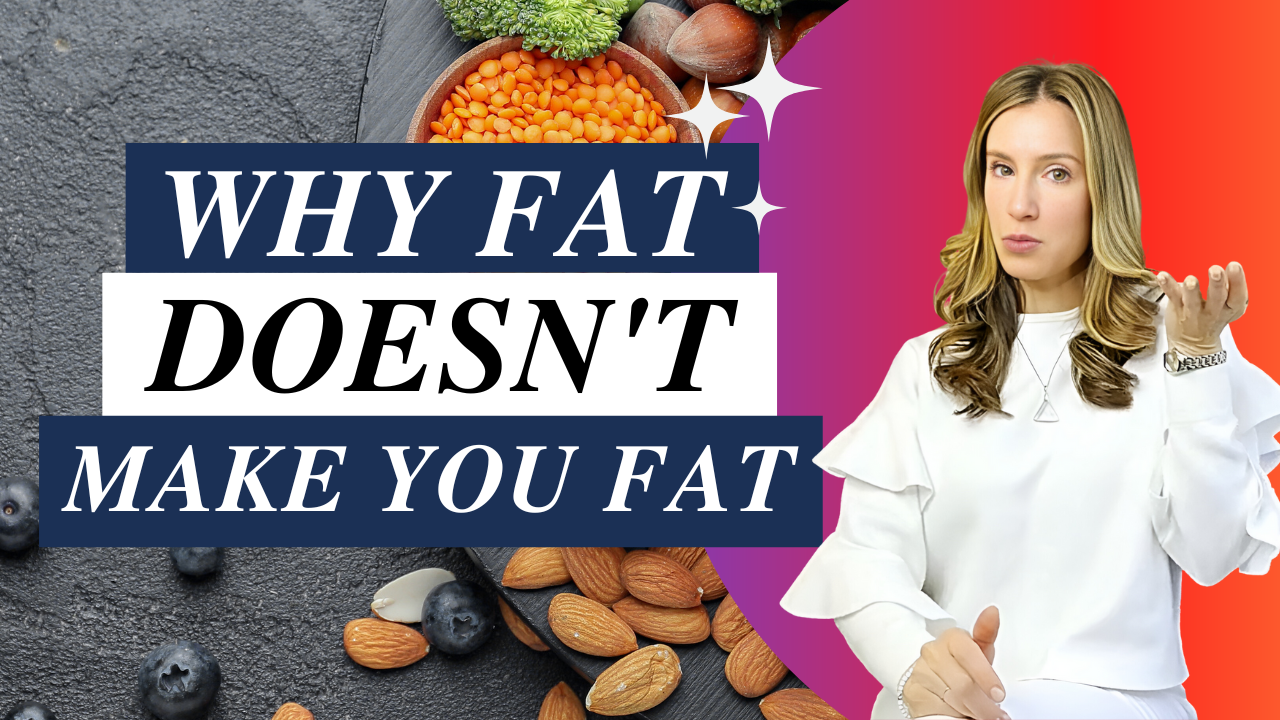
For years, people have been afraid of consuming fats, thinking that it will lead to weight gain and other health problems. But as it turns out, not all fats are created equal. In fact, some fats are even considered beneficial to our health. In this blog, we will discuss why eating fat doesn’t make you fat, according to a registered dietician.
Ilyse Shapiro, a registered dietician based in Westchester, New York, and Greenwich, Connecticut, explains that there are different types of fats. These include saturated fat, trans fat, monounsaturated fats, and polyunsaturated fats. Foods that are high in saturated fat, such as whole milk, whole milk cheeses, and red meat, should be avoided. Trans fats, which are usually found in commercially baked goods like cookies and donuts, should also be consumed in moderation.
On the other hand, it’s essential to consume foods rich in monounsaturated and polyunsaturated fats, which are considered healthy fats. These include nuts, nut butter, seeds, like pumpkin seeds and sunflower seeds, olive oil, avocado, avocado oils, salmon, and other fatty fish. These healthy fats are good for our heart, decrease inflammation in the body, and keep our heart healthy. In contrast, saturated fats and trans fats can clog our arteries and cause inflammation.
Shapiro emphasizes that consuming healthy fats can actually help prevent overeating later on as they keep us full and satisfied. Additionally, they’re beneficial for our skin, hair, and hormones. However, it’s essential to watch portions and not go overboard. For example, if you have toast with nut butter for breakfast, stick to one to two tablespoons. The recommended serving size for nuts as a snack is about 15 or so.
While olive oil is great to cook with and use as part of your salad dressing, Shapiro advises not to saturate or soak everything in olive oil as the calories can add up. It’s crucial to watch portions and not consume unlimited quantities of even healthy fats.
In conclusion, eating fat doesn’t make you fat. Consuming healthy fats in moderation is essential for a healthy heart, decreasing inflammation, and preventing overeating. By incorporating healthy fats into your diet, you can enjoy their benefits while maintaining a healthy weight. Don’t be afraid of fats, but make sure to watch portions and choose healthy fats over unhealthy ones.
